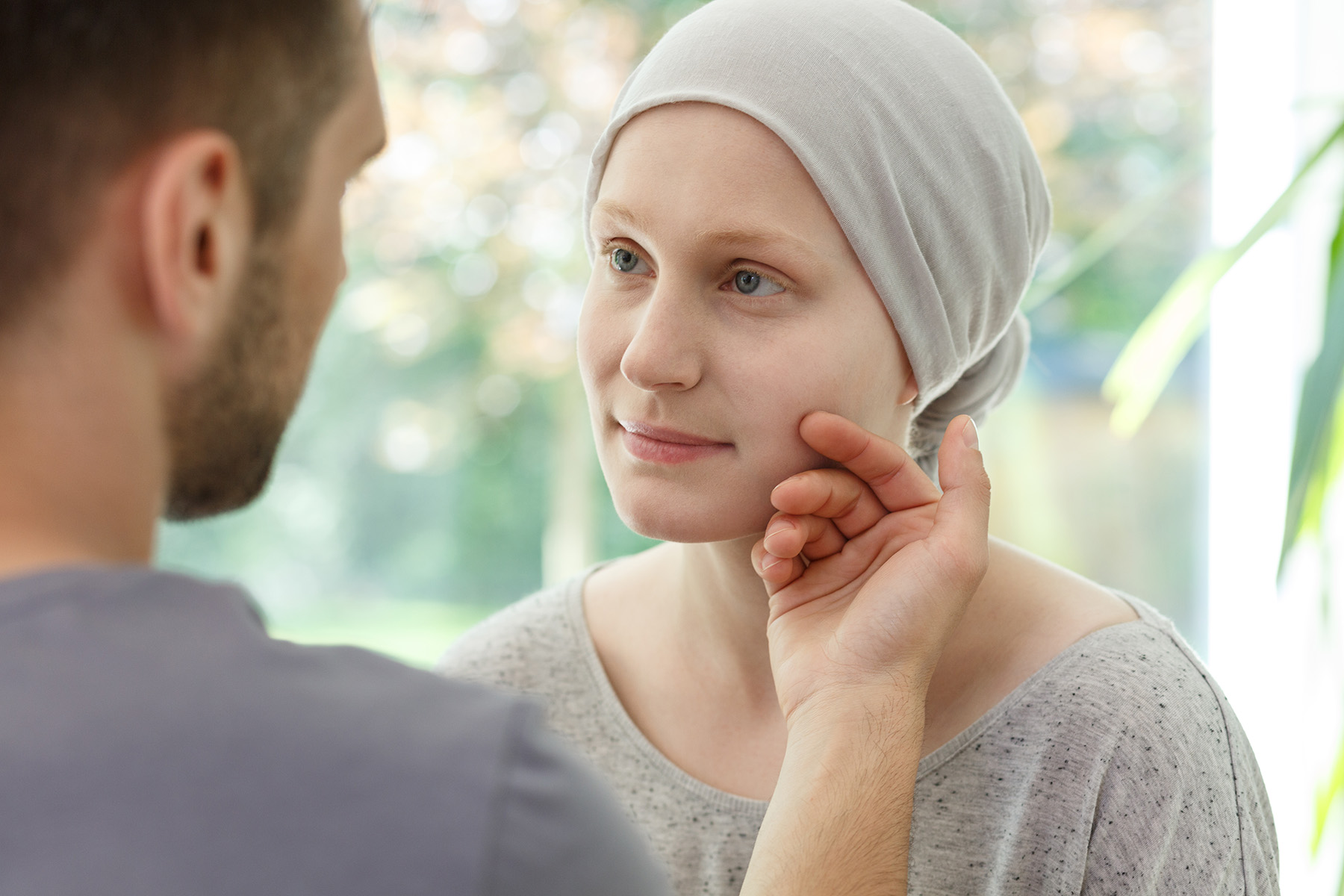Self-Care for the Caregiver

The hours are long, the tasks often endless. The job of a caregiver — whether for a spouse or a parent or other family member — comes with little recognition or benefits.
Yet, the ranks of caregivers are swelling, namely because the U.S. population is graying. The older we get, the more help we need with everything from cooking to bathing to going to the doctor.
More than 43 million caregivers have provided unpaid care to an adult or child in the past 12 months, according to the National Alliance for Caregiving, and most — 34.2 million —cared for an adult age 50 or older. Of those tending to older Americans, an estimated 15.7 million were looking after someone who has Alzheimer’s disease or other dementia.
The job of caregiving, however, carries its own stress.
Burnout — emotional and physical exhaustion, coupled with feelings of resentment and anger — is a real but sometimes unrecognized problem.
“Feelings of being overwhelmed, of being stressed are very, very common,” says Dr. Sara Czaja, an aging expert with the University of Miami Health System. “This is especially true with high-demand caregiving [for those suffering from dementias] because the caregiver must do so many things over an extended period of time.”
Czaja, who also is the co-director of the Miller School of Medicine’s Center on Aging, said caregiver burnout is a serious concern among geriatricians and other aging experts because “it’s not just the work of caregiving but also seeing the changes in your loved one” that can be such a strain. The problem, and how to address it, is a popular one in the national conferences she has attended.
She points to a 2016 study, “Families Caring for an Aging America,” by the National Academies of Sciences, Engineering and Medicine, that concludes that, in comparison to non-caregivers, family caregivers of older adults, “have higher rates of depressive symptoms, anxiety, stress, and emotional difficulties… have lower self-ratings of physical health, elevated levels of stress hormones, higher rates of chronic disease, and impaired health behaviors.”
Another survey, from the non-profit Transamerica Institute, revealed that 55% of caregivers admit that their own health care takes a backseat to their duties.
And 69% have given little or no consideration to their own financial situation.
In addition to the usual demands of caregiving, other factors can contribute to burnout, Czaja adds. Some caregivers may have few financial resources, exacerbating an already taxing situation; others may take on more than they can handle physically and emotionally, hoping that their attention might slow or halt the worst of progressive diseases.
“Caregivers have to recognize that they’re not alone, that what they are feeling is often what others in those roles feel, too,” she says.
How do you know if you’re suffering from caregiving burnout?
Look for these symptoms, Czaja says:
- Getting more exhausted than normal
- Irritability and feelings of hopelessness and helplessness, as well as the sensation of feeling trapped
- Anger, resentment
- Isolation, whether voluntary or involuntary, from family and friends
- Changes in sleep, weight or appetite
- Increased or excessive use of alcohol or sleep and other medications
While this is a frightening laundry list of symptoms, Czaja also provides a hefty dose of hope and solutions.
First and foremost, caregivers must recognize that they’re stressed to the point of burnout. And to accept the help of others.
Here are her suggestions:
- Look for programs and support groups in your area. “You can get a lot of benefit just from talking to someone who is in the same situation,” she says. “They can offer moral support and suggestions of where to get help.” Visit the websites of these organizations to find assistance: AARP, National Alliance for Caregiving, Family Caregiver Alliance, and the Alzheimer’s Association.
In addition, local Area Agencies got Aging can provide guidance for resources.
In Miami-Dade and Monroe counties, check out the Alliance for Aging. In Broward, it’s the Aging and Disability Resource Center.
Research special projects that offer resources for a limited period.
At the University of Miami, Czaja and her colleagues have participated in Caring for the Caregiver Network, a research study funded by the National Institute of Nursing Research to teach caregivers strategies for staying healthy as well as skills that can help them with caregiving responsibilities. In addition, the center is accepting applications for a new program, Care Partners. For more information, phone the Center on Aging at 305-355-9080.
Eat right and exercise.
Get enough sleep. If you’re having problems, visit your physician.
Seek someone — friend or professional — with a willing ear. It’s important, and healthy, to vent your frustrations.
Make time for yourself.
Devote an afternoon or evening to a fun social activity. “Caregivers need to realize that if they don’t care for themselves, they won’t be able to care for their loved one,” Czaja says.
Learn more about caregiving and its demands.
Understanding the role and responsibilities can go a long way in alleviating the feelings of guilt and anxiety.
“The important message to get out is that there are sources of support and help for caregivers,” Czaja says. “You shouldn’t be embarrassed or shy to ask for it.”

Ana Veciana-Suarez, Guest Columnist
Ana is a regular contributor to the University of Miami Health System. She is a renowned journalist and author, who has worked at The Miami Herald, The Miami News, and The Palm Beach Post. Visit her website at anavecianasuarez.com or follow @AnaVeciana on Twitter.
Tags: caregiver burnout, caregiving, Dr. Sara Czaja, Miller School of Medicine’s Center on Aging
